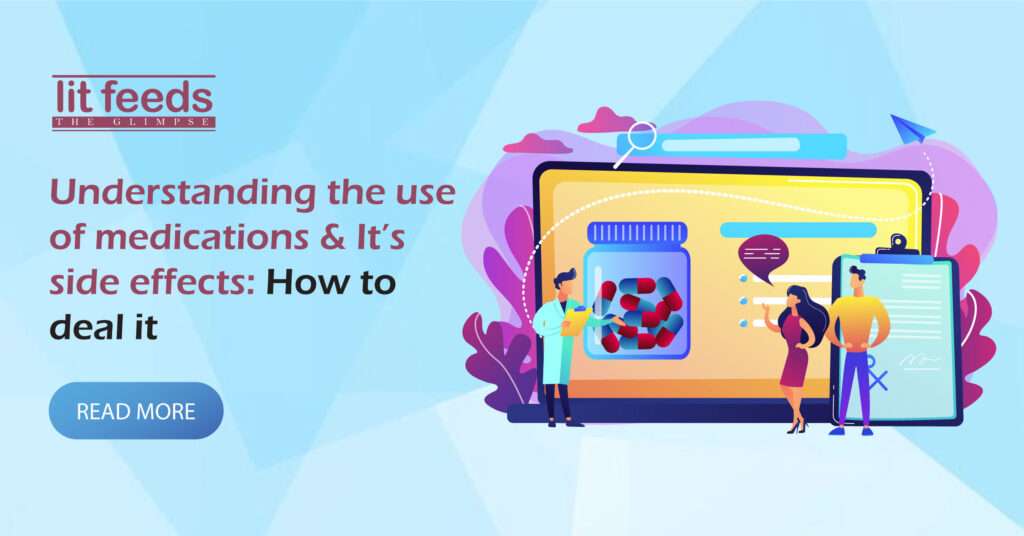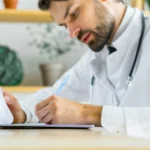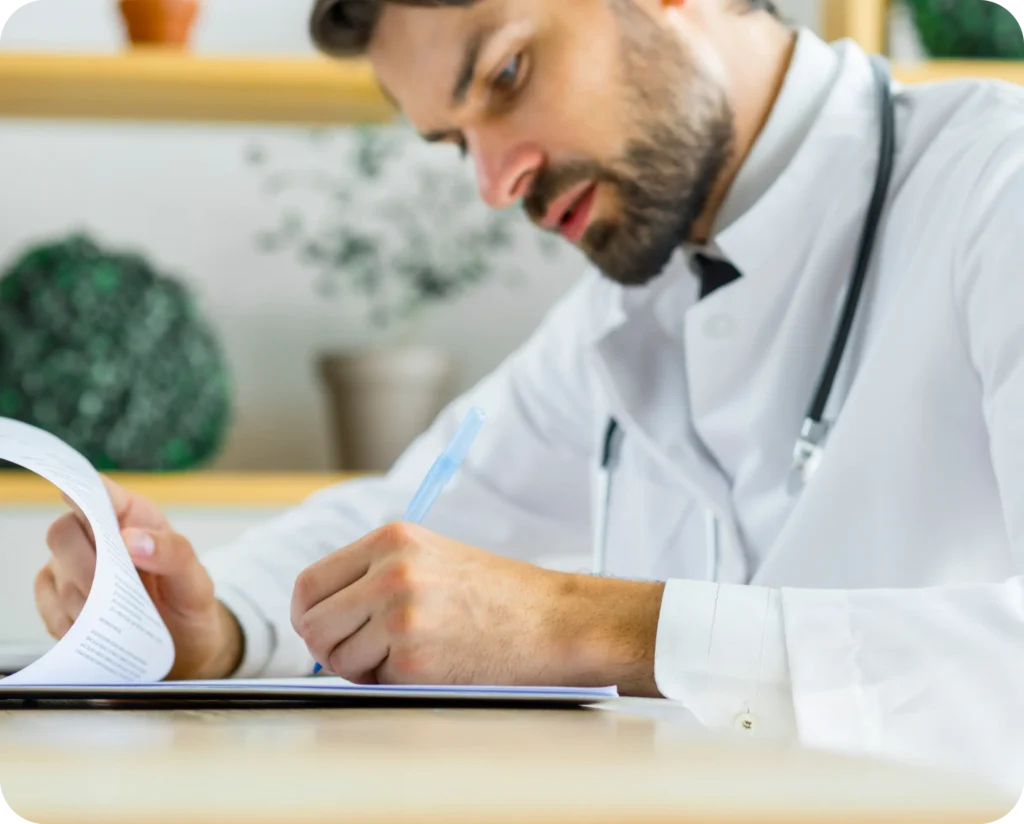
Why side effects happen with usage of medicines:
All medications have some effect on the body; when you take a drug, it is actually distributed throughout the organs and tissues of the body.
This distribution depends on and varies, and the drug may act and function differently in different systems. For example, aspirations tablets have been around for over a century, so there is a wealth of information about their actual actions and mechanisms.
Aspirations’ anti-inflammatory action may suppress arthritis, but it also prevents the body from producing the chemicals that protect your stomach lining and aid in blood clotting.
The FDA requires information on side effects discovered during clinical studies to be approved, but no trustworthy source or information about less-known drug side effects has been uncovered. Researchers observe the effects of the study drug in participants and compare them to those of placebo-takers in these kinds of studies.
All relevant information, including side effects reported by participants who took the medication throughout the study period, is provided by the FDA.
When a drug is put on the market for sale, the manufacturer is first required by law to notify doctors and patients about any side effects.
Medication is used to treat all unhealthy conditions. Using medications or taking them as directed by a doctor might occasionally result in side effects, some of which may be small.
Information about medications and side effects
To put it simply, side effects occur when a drug doesn’t work for you or has an unforeseen impact on your body.
Side effects come in a variety of forms and vary from person to person and from body to body. They primarily rely on the individual’s disease status, age, weight, underlying illness, and overall health.
Sometimes your body won’t respond to certain medications, such as when dosages are increased or decreased suddenly, or when multiple medications of the same formula are used. Some side effects can easily result in noncompliance with the prescribed treatment; for example, if the first dosage is high, the doctor or local health provider may prescribe a low dose alternative to address the side effect. Minimizing side effects may also involve making the fewest food and lifestyle adjustments.
That is to say, each medication has a cautionary label advising to use it only with a doctor’s prescription or consultation.
What If I Experience a Side Effect from My Medication, Should I Quit Taking the Medicines?
- Everyone has this misconception regarding taking medications, such as when to stop taking them if they exhibit side effects.
- Avoid stopping medication suddenly without first speaking with your physician or another local healthcare professional.
- All medications on the market come with some hazards and benefits, which one must be aware of.
- Prevent panicking However, if one can contact nearby medical professionals for the second therapy to avoid anxiety, one can easily balance this scenario instead of panicking.
The ability to take in and use the medications may be impacted because of the ageing process of the body, as we become older we become vulnerable to the negative drug responses and its side effects.
Prescribed drugs also have side effects:
Since every medication on the market has a long list of negative consequences, studies reveal that 5% of people experience adverse drug reactions.
Skin rashes are the body’s initial response. However, the idea that the drug, the illness, or the reaction itself is to blame is still incorrect.
Another problem is the patient’s own prescribed prescriptions. It is possible that he takes substitute medicines that contradict his doctor’s recommendations, which could affect the adverse effects of his existing prescription drugs.
Combating the possibility of negative reactions to drugs at several stages:
The initial phase entails, before beginning any new medicine, speak with a healthcare professional and be aware of any potential adverse effects.
Always take medicines according to the prescription prescribed by the doctor and ask for multiple times till you clear the doubt on any of the medicine on the list.
Make a note of the medicines you take daily, double check with the pharmacist to get rid of any negative interactions.
The best course of action for you are the local health providers, always remember this if you see any negative effects try to investigate immediately for the alternative method of treatment options available if any.
By implementing these techniques and keeping lines of communication open with your physician, you can reduce the possibility of encountering adverse drug reactions and guarantee the most secure and efficient course of care for your illness.
How to lower the possibility of harmful consequences
- To lessen the possibility that you may have negative effects:
- Use only medications as directed by your doctor.
- Don’t support self-medication or self-handling of pharmaceuticals.
- Always ask a doctor or pharmacist about drug requirements and be knowledgeable about those medications as well.
- Never hesitate to tell the doctor about the medications you regularly take, even prescription ones. Request further information. To the physician forever.
HOW TO DEAL WITH IT THEN
It’s always a normal thing to get worried about some foreseen effect you may experience or dealing with some unhealthy condition. Dealing with them mentally is the first and foremost thing to do. So, medications are consumed by millions of people on the globe in a day some may experience some change some may not, so one thing we should remember everybody is different and everybody deals with the situation differently so don’t panic and think that you are only alone here.
“Every medication we consume has side effects but all may not experience the same” Remember you want to treat the problem that you went to see the GP about.
If you don’t start your medication, you won’t be treating that problem.”
Final Say:
That is to say, to avoid the risk; read this before each medication has a cautionary label advising to use it only with a doctor’s prescription or consultation.
















